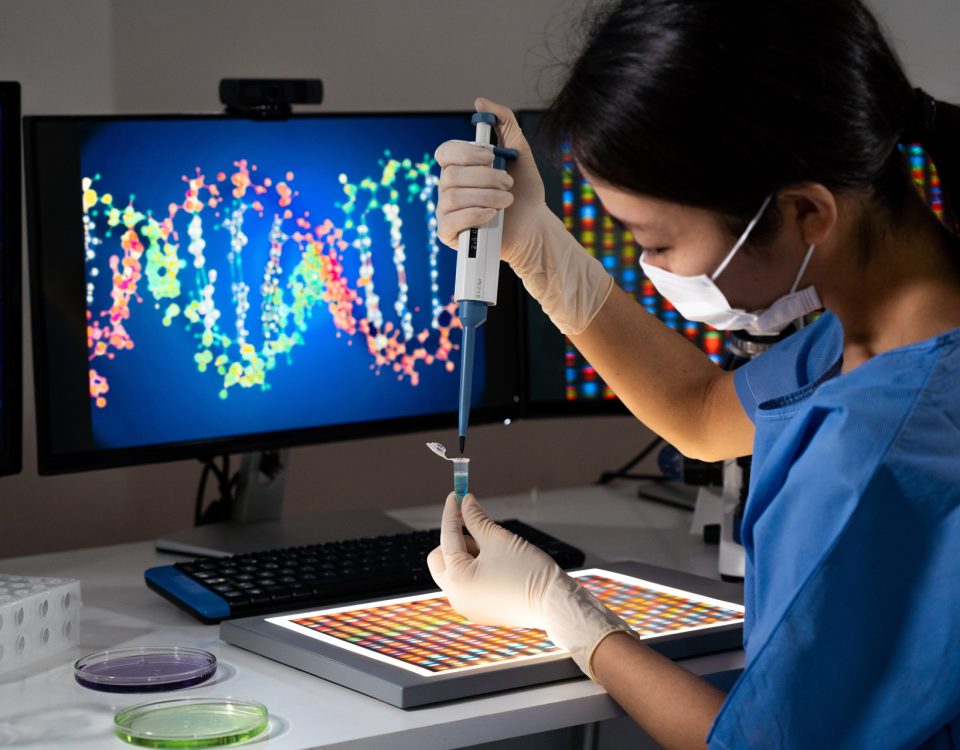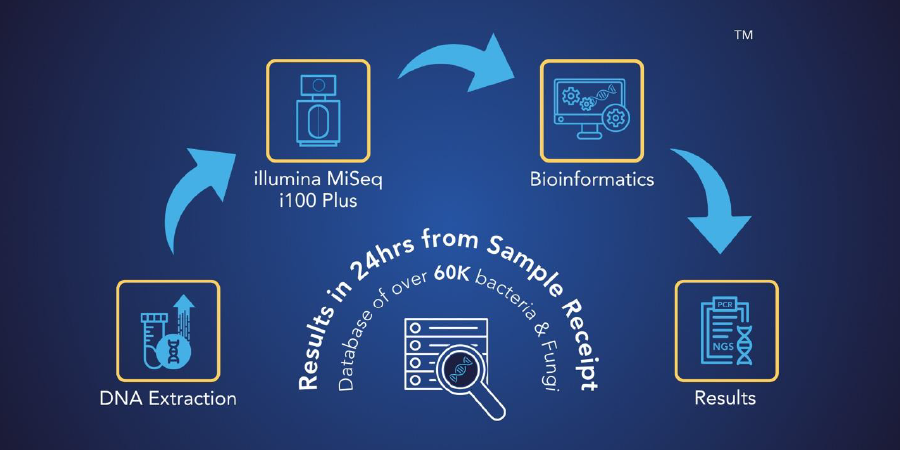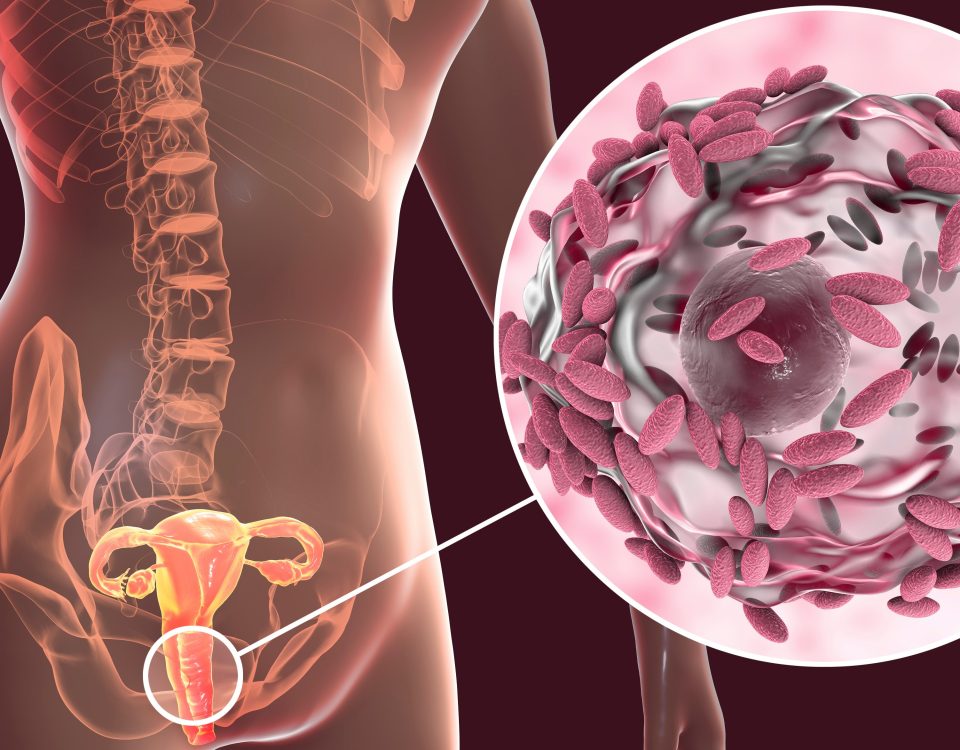Latest Posts
July 17, 2025
In clinical diagnostics, the accuracy and reliability of test results are paramount. As a healthcare provider, the MicroGenDX team understands you expect the diagnostic tools you recommend to your patients to be both precise and trustworthy. The MicroGenDX team takes this responsibility seriously, and our commitment to accuracy is reflected in the rigorous validation and oversight processes of our accreditation and regulatory partners. This blog takes a closer look at the validation and quality monitoring processes required by the College of American Pathologists (CAP) and other regulatory bodies and how MicroGenDX meets these standards to achieve our high accuracy. The […]
July 7, 2025
MicroGenDX Adopts Illumina i100 Plus to Deliver Faster, More Reliable NGS Result At-a-Glance: What the i100 Plus Means for Your Practice NGS results in 24 hours after sample receipt, with an 80% faster turnaround, creating faster molecular diagnostics that keep pace with in-house PCR panel processing. 4x greater sequencing depth improves detection of low-abundance/low-frequency microbes for more complete microbial visibility. More data per sequencing read increases reliability of results and confidence in microbial detection. A single, combined report delivers both qPCR and NGS results at once. Quickens timeline for precision clinical decision-making across urology, ENT, OB/GYN, wound care, and other […]
April 15, 2025
Vienna, Austria – April 11, 2025 – In a major advancement for infection diagnostics in Europe, MicroGen Diagnostics and Labor Dr. Fenner have launched a new rapid microbial DNA sequencing service, enabling clinicians to identify bacteria, fungi, and resistance genes with unprecedented accuracy. Healthcare professionals across Europe can now send patient samples to Labor Dr. Fenner in Hamburg, Germany, and receive comprehensive diagnostic reports within 3-5 days. The laboratory report includes a full microbial profile […]
March 24, 2025
Dysbiosis of the vaginal microbiome a.k.a. bacterial vaginosis (BV) remains one of the most common vaginal infections among reproductive-aged women, affecting one in three women globally. Despite the availability of antimicrobial treatments, recurrence rates of BV exceed 50% within three months, leading to frustration for both women and their providers. Until now, BV treatment has focused solely on women, with limited evidence backing partner treatment. However, a pioneering Australian study, Male Partner Treatment to Prevent Recurrence of Bacterial Vaginosis, published in The New England Journal of Medicine (NEJM, March 2025) provides compelling findings that treating male partners can significantly reduce […]
December 30, 2024
We’re pleased to announce that on January 6-7th of 2025 MicroGenDX will be moving into a new, state-of-the-art facility in Lubbock, Texas. This expansion marks an important milestone in our mission to deliver clinically actionable insights to providers and to advance microbial diagnostics. Our larger, modernized lab features expanded capacity and improved resources, designed to help us scale our operations and improve the quality of our testing processes. With the new facility, we’ve brought our clinical diagnostics team and our life research division (RTL Genomics) together under one roof. This integration will enhance collaboration between our teams, accelerating R&D efforts […]



